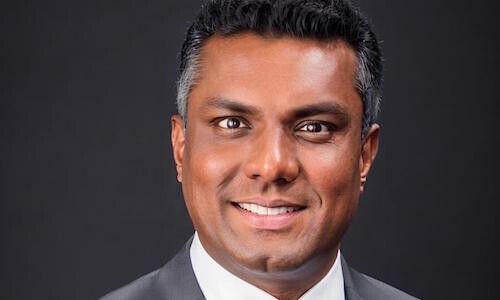A survey shows that office workers and remote workers are almost evenly impacted by burnout. Why is that - and what are the implications for finance?
Work in the post-pandemic office era among the white-collar set has become an emotive issue.
It can prompt certain rather prominent billionaires to rant on quarterly earning calls («Business Insider», paywall) at the same time that eminent scientific publications, such as «nature», attempt to bed the whole thing down somewhat more rationally.
Surprising Parallels
But one thing that is now becoming clear more than four years after COVID-19 reared its head into our consciousness.
There are some surprising parallels in the ostensible miseries of all captive office workers whether they work from home, are in the office, or have the freedom to mix it up regularly.
Similar Rates
A Gallup survey from the second quarter of 2024 showed that all types have similar burnout rates, with more than a quarter of those stuck at the office (27 percent) feeling burned out «very often or always», the same as those in hybrid settings. Those sending out emails and internally palatable PowerPoints and Excels from the comfort of a cherished comforter, or something like that, saw a slight improvement at just under a quarter.
But when you compare apples with apples, and oranges with oranges, 27 percent and 24 percent feel practically the same and the work-from-home see their ostensible privileges as a scant comfort.
Good Influences
Remote workers are, however, able to maintain a healthier balance between work and personal commitments, with 33 percent agreeing with Gallup in that regard. Only 27 percent of hybrid employees do while exactly one-quarter of the office-bound feel that way. The takeaways from this are nearly infinite, so we will try to parse out a few of the more finance industry-relevant ones.
Gallup indicated that employee well-being is much more influenced by «good managers and business practices» while they saw a decline in clarity of expectations across the employees they surveyed, with the «consistent ambiguity» prompting stress, and cutting productivity.
Political Appointment
This is an area that most staff at financial institutions large and small are well-versed in. For example, who hasn’t been in a team whose head suddenly disappeared and then they were subjected to a new guy or girl whose only ostensible internal qualification was that they got along – politically of course – with the departmental head or some new MD.
Moreover, on the client relationship side in a wealth manager or private bank, who hasn’t been given a BHAG involving inordinate inflows of assets from more than all the known billionaires and centi-millionaires in the entire world? Also - who hasn't worked for an institution that changed strategy on a nearly monthly tack?
But more importantly, since the financial crisis, almost everyone from the top down has faced the annual redundancy culls and it is therefore not surprising if many have since become jaded, and demotivated.
Permanent Churn
It is unclear whether there will be a change in mindset on the leadership side, as it does seem part and parcel of our always-available-everywhere office environment, and most will remain ardently unapologetic, even defensive, as the link above citing Elon Musk shows.
At the same time, bank executives shouldn’t be expecting teams working in the permanent churn of a client review team to pretend they are always happy when they don’t think they are going to be around at the same time next year.
Slight Reset
On the other hand, on the employee side, it also seems like expectations need a slight reset in our post-pandemic era, regardless of whether they are working from home or not.
The survey answers could also lead one to draw an entirely different conclusion. The problem may simply be that work is just that. Work.

























